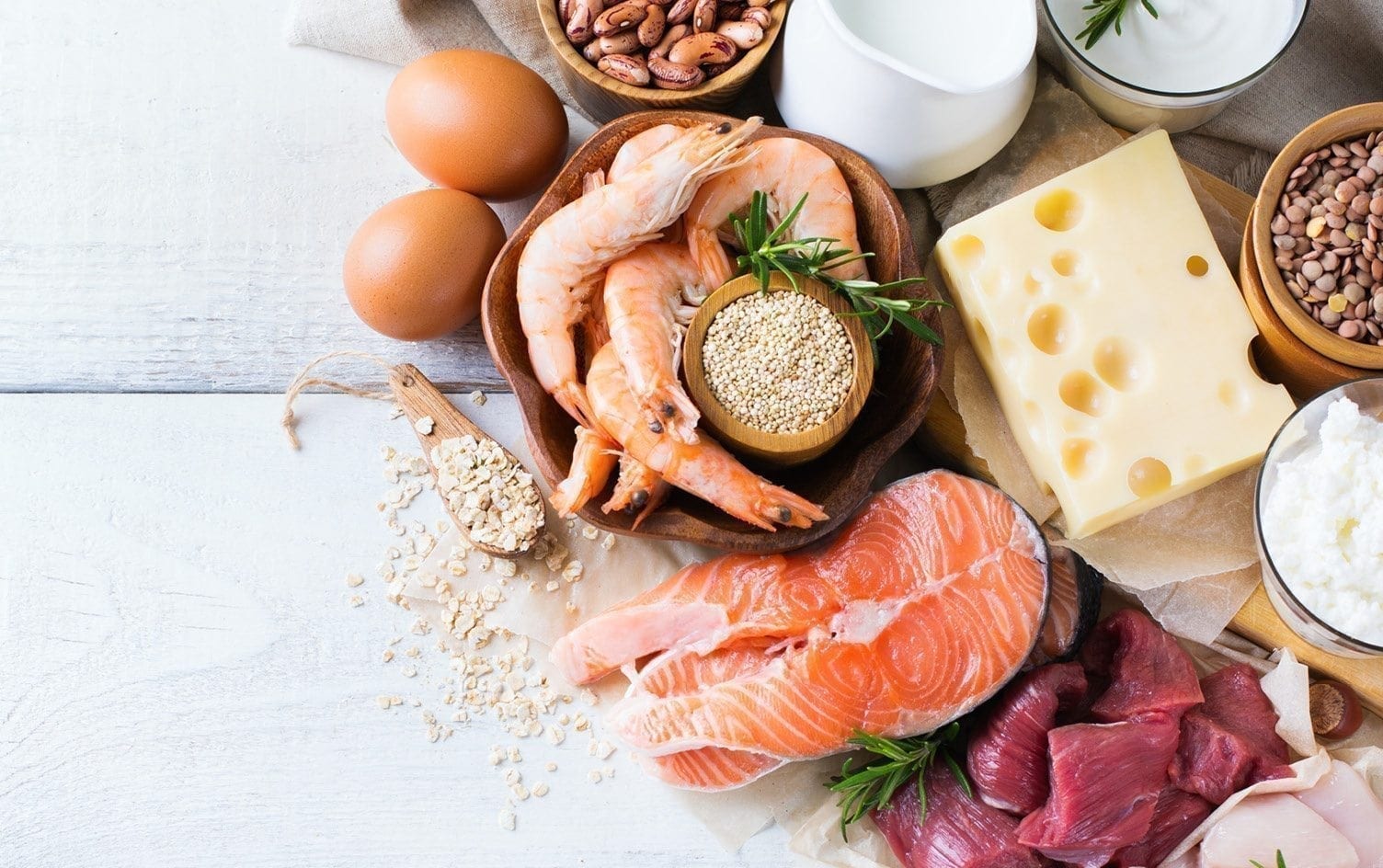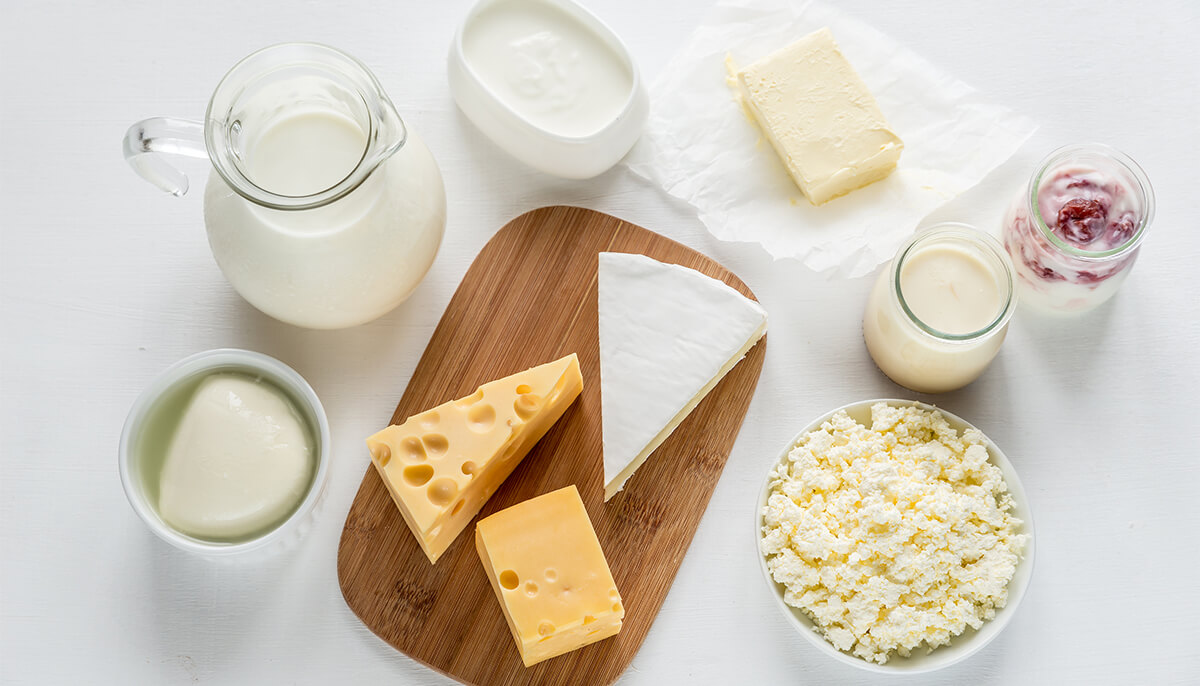Your Cart is Empty
July 06, 2021 2 min read
Nutrition plays a big part in affecting how we age. As our body experience changes as we get older, there are certain things we can do to help our body cope better with these changes. In this article, we cover tips on eating for longevity.

Protein is very important in seniors' diet. It helps to slow down muscle loss, and also contribute to lower blood pressure and cholesterol. Research shows that it can even help to reduce the chance of having a stroke.

Tips to increase protein intake:

These are an excellent source of dietary fibre, which helps maintain gut health and ensure that they don't experience constipation. They also provide important vitamins and minerals for heart health and immunity.

Calcium is important in maintain bone and teeth health and reducing the risk of osteoporosis.
You can get calcium from dairy products like milk, yogurt, cheese or milo. If you don't like the taste of plain milk, you can go for flavoured milk, or add milk into other drinks like coffee, tea or milo. You can also go for calcium-fortified foods or soy milk!
Non-diary products that have calcium includes sardines, silken tofu, kailan.

Instead of plain bread, have bread with butter, peanut butter, egg or cheese. Instead of condensed milk, use low fat high calcium milk or soybean milk.

Instead of plain porridge, add eggs, tofu, sardines or peanuts for added protein. If you're having noodle soup, add a spoonful of sesame oil. Oil can help them absorb fat-soluble vitamins in their foods better!

For older adults who are experiencing loss of appetite, split their meals into small and frequent meals. For example, instead of having 3 big meals a day, have 6 small meals (breakfast, brunch snack, lunch, tea snack, dinner, supper snack).
Having Meal-time Aids like Bendable Utensils with thick handles, and a Scoop Dish with raised edges will help older adults to be able to eat easier and independently. This could help them to have better eating patterns.
Shop Meal-time Aids HERE!
Eating well will help us work towards a healthier lifestyle and increase our quality of life as we age. It's never too late to start being particular about what we put into our body.
Comments will be approved before showing up.
Sign up to stay updated on our latest events, products and promotions.